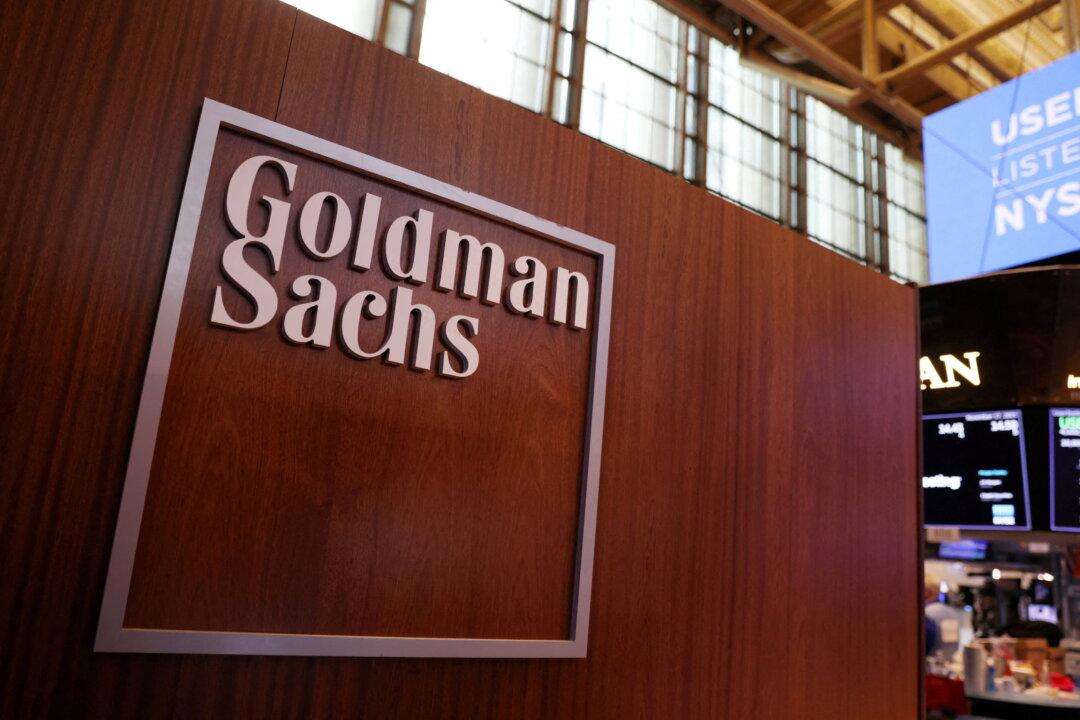A prominent economist for Goldman Sachs has argued in a new interview that the Federal Reserve will have to rein in the lively job market in order to curtail inflation, responding to Friday’s release of payroll reports showing the lowest level of unemployment in over five decades, even as the economy appears to enter an unofficial state of recession.
Jan Hatzius, who serves as chief economist for Goldman Sachs, appeared on Bloomberg’s “Odd Lots" podcast in an episode released on Monday, in which the economist offered remarks about the state of the job market, inflation, and the overall economy, suggesting that the Fed will likely have to make hard sacrifices in order to return inflation rates to the Fed’s preferred target of roughly 2 percent annually.





